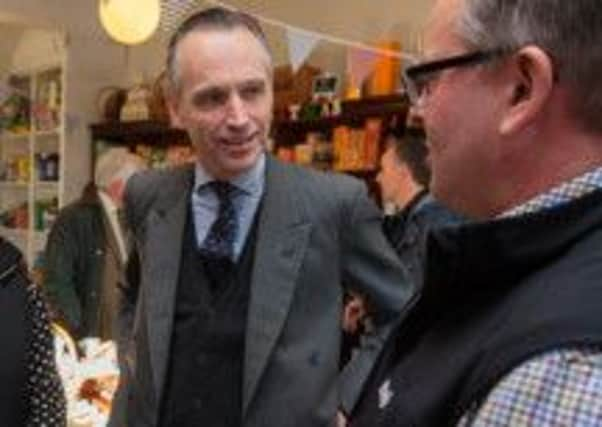UK crisis as food testing uncovers ‘fraud’


Baroness Crawley said recent analysis of food samples by West Yorkshire Trading Standards had shown that a third had been adulterated with other substances.
The Labour peer, has called on the Government to recognise the “serious” level of the “food adulteration crisis”.
Advertisement
Hide AdAdvertisement
Hide AdHer comments follow the shock caused by last year’s horsemeat scandal.
However, a Government Minister claimed that in some of the cases Lady Crawley referred to the criticisms made by trading standards had related to labelling or inflated health claims rather than food adulteration.
Speaking in the House of Lords Lady Crawley said: “Reporting of food fraud has increased by 66 per cent since 2009, while the number of samples taken by local authorities has decreased by 26 per cent. Call me old fashioned but I like my ham to actually be ham not poultry died pink or meat emulsion, whatever that is. I want fruit juice to be just that and not laced with vegetable oil that is used in flame retardants.”
She said Professor Chris Elliott’s first report into how to protect the safety and authenticity of food following the horsemeat scandal had been “highly critical of the current system’s ability to tackle food crime”.
Advertisement
Hide AdAdvertisement
Hide Ad“What is the Government doing about the depletion of trading standards departments across the country whose job it is to track down organised criminal gangs in the food sector?”
Department for Environment, Food and Rural Affairs Minister Lord de Mauley said the Government took the threat of food fraud “very seriously”. He added: “Following the horsemeat fraud last year, we have been working with industry and local authorities to improve our intelligence sharing to target sampling and enforcement better,” he said. “The sample carried out by the West Yorkshire Trading Standards demonstrates the action being taken by local authorities across the United Kingdom to tackle known problem areas.”
He said West Yorkshire Trading Standards had tested 873 samples in a six-month period and gave 331 an “adverse report” but said many of the issues did not relate to food adulteration but to foreign language labelling or inflated health claims.
He added: “Nevertheless, it is true that a material proportion were for fraudulent purposes such as meat substitution and West Yorkshire Trading Standards are taking action.”
Advertisement
Hide AdAdvertisement
Hide AdLord de Mauley said there were 86,000 food safety composition and authenticity tests during 2012-13 and the Food Standards Agency had increased funding it provides to support testing to £2.2m this year.
The horsemeat scandal saw some food processors and retailers admit they had scant control over the food they produced and sold after horsemeat was shown to have been mislabelled as beef and lamb.